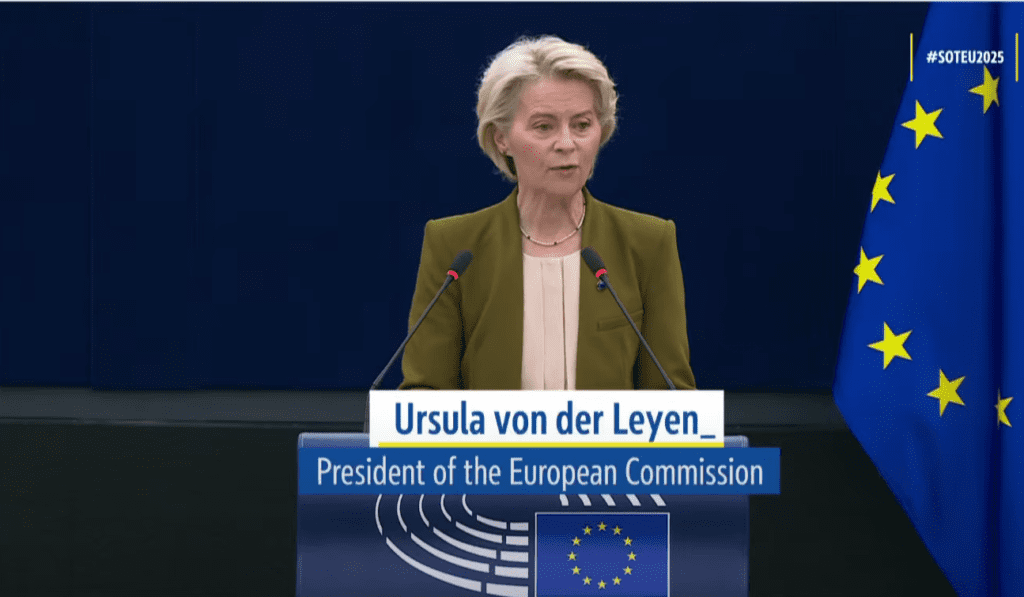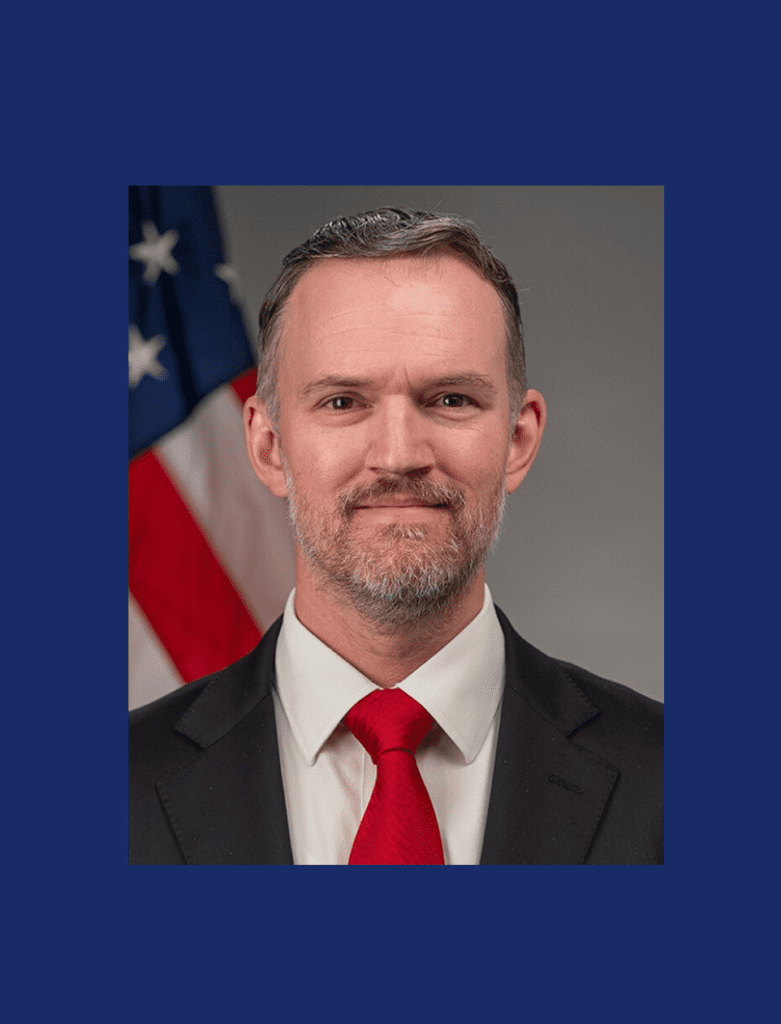
Chinese President Xi Jinping delivered the keynote address at the Global Leaders’ Meeting on Women in Beijing on October 13, 2025, marking 30 years since the Fourth World Conference on Women. Xi outlined four proposals to advance women’s all-round development: fostering a peaceful and enabling environment; promoting high-quality development with women as beneficiaries; strengthening governance to protect women’s rights; and enhancing global cooperation under the UN’s central role. He also highlighted China’s progress and announced new commitments to support women’s empowerment worldwide.






